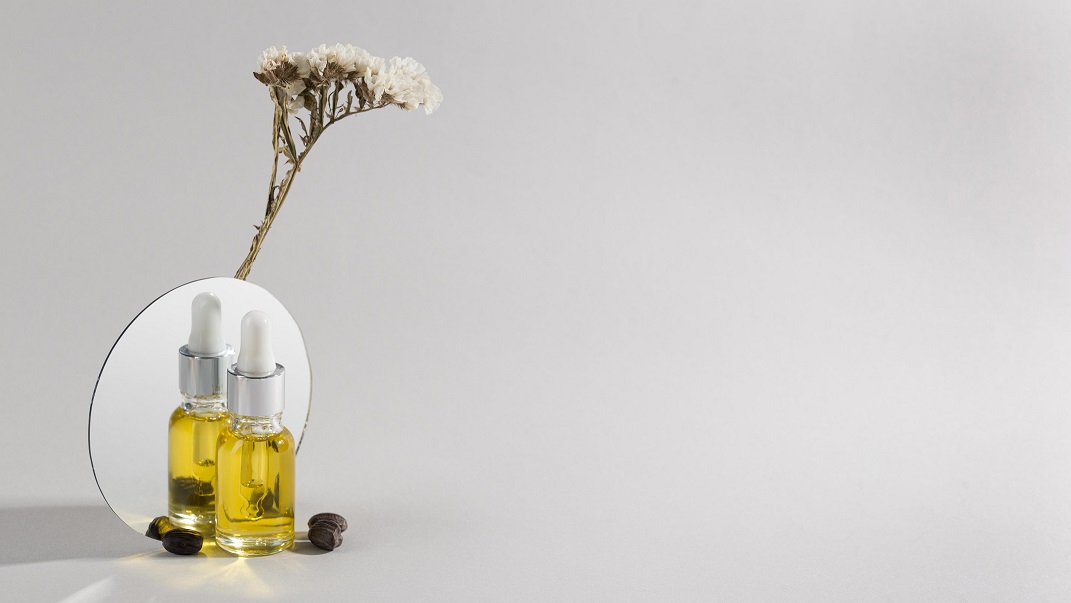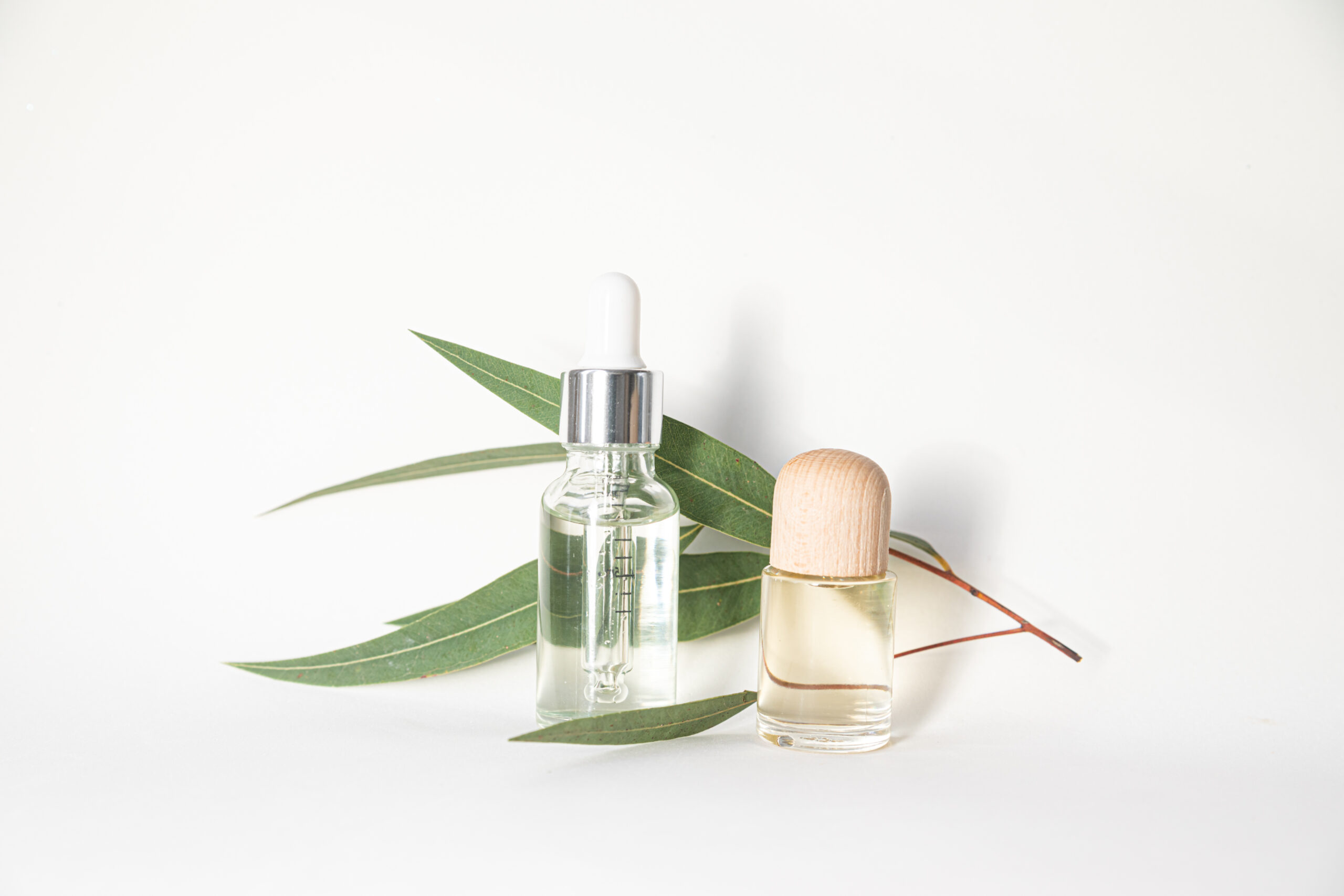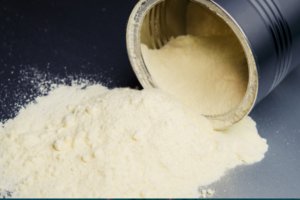+86 571 8659 2517
+86 180 5841 8258
info@zmuni.com

On September 13, 2024, the National Medical Products Administration (NMPA) of China issued a public notice revealing that a Spanish cosmetic company is suspected of using the prohibited ingredient "Diflorasone Propionate" in its products. To Ensure Public Safety in Cosmetic Use, China NMPA has ordered a suspension of sales of the company’s implicated products in China. The misuse of prohibited and restricted cosmetic ingredients is a common violation in China. These practices pose significant risks to consumer health and undermine market integrity. In response, regulatory authorities are continuously tightening enforcement measures to ensure compliance and uphold product safety

In the first half of 2024, Chinese cosmetic ingredient enterprises demonstrated steady and impressive performance, in contrast to the significant fluctuations seen by international giants. Despite an overall sluggish consumer market, leading personal care and ingredient enterprises maintained solid growth momentum. In the competitive Chinese cosmetic ingredient market, recombinant collagen has emerged as a standout ingredient. In terms of ingredient types, plant-based and chemical ingredients are now on equal footing. Chinese companies are increasingly exploring China’s unique plant resources, leveraging differentiation strategies to unlock the potential of plant extracts and establish strong product barriers. So far, Chinese cosmetic ingredients enterprises have

Pet Economy Boom in China In recent years, China's "pet economy" has seen rapid growth, fueled by expanding consumer demand and investment. According to the 2023-2024 China Pet Industry White Paper, the number of pet dogs reached 51.75 million in 2023, up 1.1% from 2022, while pet cats grew to 69.8 million, a 6.8% increase. This steady rise in pet ownership reflects the growing potential of China’s pet market, offering significant opportunities for future growth. Year Dog (million) Cat (million) 2020 52.22 48.62 2021 54.29 58.06 2022 51.19 65.36 2023 51.75 69.80 Table 1: Changes in Dog

On Aug. 26th, 2024, ZMUni Compliance Centre hosted a webinar titled “Towards Cruelty-Free Cosmetics: Exploring China's Compliance Requirements for New Cosmetic Ingredients of HoSU and Polymers” presented by our Senior Compliance Consultant Lolita Yang and Regulatory Analyst Kimberly Jin. In the previous episodes, we covered the key highlights of the Animal Testing Alternatives in China and NCI with a focus on the History of Safe Use section from the webinar. Today, we'll wrap up with the final section, highlighting NCI of polymers and important points to note for NCI applications, as presented in the webinar. | Polymers

On Aug. 26th, 2024, ZMUni Compliance Centre hosted a webinar titled “Towards Cruelty-Free Cosmetics: Exploring China's Compliance Requirements for New Cosmetic Ingredients of HoSU and Polymers” presented by our Senior Compliance Consultant Lolita Yang and Regulatory Analyst Kimberly Jin. This webinar focused on the following five key parts: 1.Background: Get Ready for China’s NCI Regulatory Regime 2.China to Accept Animal-alternative Test Data under Specific Conditions 3.Understanding the Application under Situation 3 and 5, NCI with HoSU 4.Understanding the Application under Situation 6, NCI of Polymer 5.Points to Note for NCI Application in China The

On Aug. 26th, 2024, ZMUni Compliance Centre hosted a webinar titled “Towards Cruelty-Free Cosmetics: Exploring China's Compliance Requirements for New Cosmetic Ingredients of HoSU and Polymers” presented by our Senior Compliance Consultant Lolita Yang and Regulatory Analyst Kimberly Jin. This webinar focused on the following five key parts: 1.Background: Get Ready for China’s NCI Regulatory Regime 2.China to Accept Animal-alternative Test Data under Specific Conditions 3.Understanding the Application under Situation 3 and 5, NCI with HoSU 4.Understanding the Application under Situation 6, NCI of Polymer 5.Points to Note for NCI Application in China The following is

| What happened? Chinese beauty brand WINONA , a subsidiary of Botanee Group, is facing controversy over allegations that it improperly added preservatives to its products. The claims were made by a famous vlogger of product review Wang Hai, who posted a video on his social media platform, "Wang Hai Reviews," accusing WINONA of concealing its use of the preservative phenoxyethanol. The video reported that phenoxyethanol was detected in various batches of the same product purchased from multiple e-commerce platforms, with concentrations ranging from 0.137% to 0.140%. In response to these allegations, WINONA issued a statement acknowledging the presence

Under China’s Food Safety Law, food is categorized into general and special food, the latter including health food, food for special medical purposes (FSMP), and infant formula food. FSMP is specially processed and formulated to meet the unique nutritional or dietary needs of individuals with dietary restrictions, digestive and absorption disorders, metabolic disorders, or specific diseases. FSMP in China is subject to registration management and must be used under the guidance of a physician or clinical nutritionist. Current State of FSMP in China: While FSMP is a relatively new concept in China, its market is rapidly expanding. Despite initial challenges,
+86 571 8659 2517
+86 180 5841 8258
info@zmuni.com